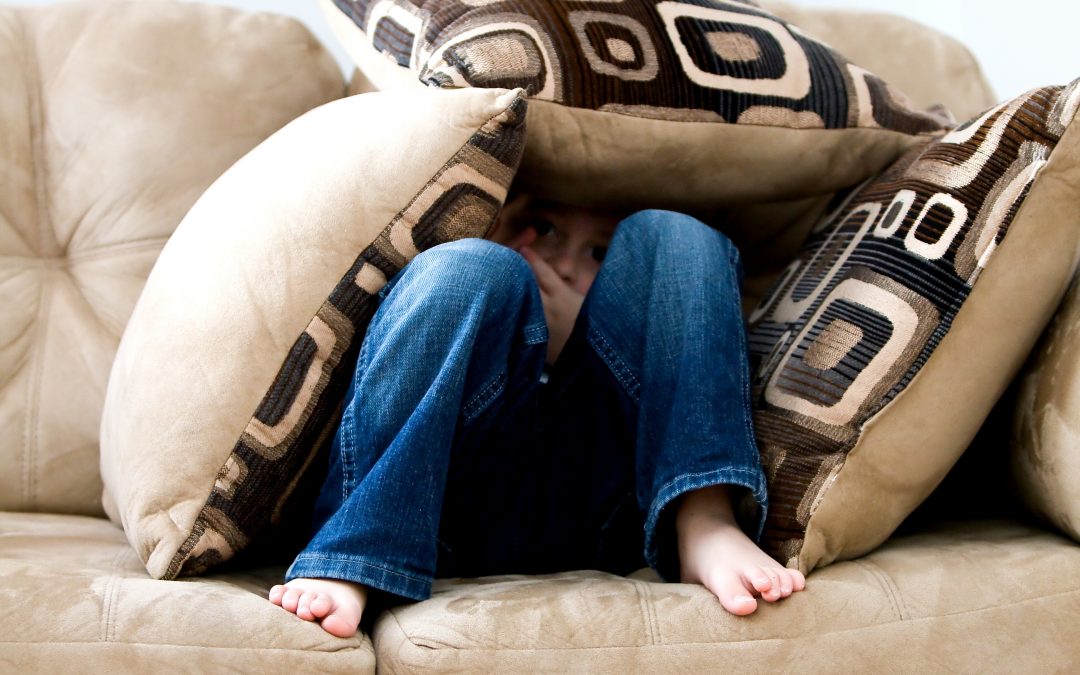Bullying is something no parent ever wants their child to go through. Whether you’ve experienced it firsthand and know the psychological or physical scars it can leave on one’s self, or you’ve heard or read about the devastating outcomes it can lead to in the news recently, bullying has become a pervasive reality for many of our youth. In today’s digital age, bullying continues to occur well beyond the confines of school property, and can enter the safety net of your home via technology. So, what can you do to protect your child from bullying, both online and at school? Below I discuss the effects bullying can have on a child’s mental health in addition to some valuable ways you can support your child during this time of need.
How does bullying affect my child’s mental health?
If you’ve noticed negative changes in your child’s behaviour, it may be a sign that your child is being bullied. According to the Ontario Centre of Excellence for Child and Youth Mental Health, young people who experience bullying show higher levels of depression, anxiety, psychosomatic symptoms, suicidal thoughts and low self-esteem. If you’re not sure what these symptoms look like, I suggest you ask yourself these questions:
- Does my child seem moody or distant lately?
- Is my child no longer interested in activities they enjoyed most?
- Is my child being secretive or avoiding questions about their school life?
- Does my child no longer want to go to school?
If behavioural changes are becoming apparent for no obvious reason, initiate an open dialogue with your child to find out if they are dealing with anything new in their life. Simply because your child is no longer interested in something they used to love doesn’t mean they are being bullied. You may also reach out to their school directly to inquire about any reports of bullying or hardships your child may be facing while at school.
It’s important to note that your child may not willingly disclose they are being bullied as they may experience shame and/or embarrassment. I recommend that you be mindful with your choice of words as to not place any blame on the child to further their shame, or discourage them from disclosing any future acts of bullying.
How can I support my child?
If your child has confirmed they are being bullied, there are many things you can do to mitigate the situation.
1. Advise your child’s school of the situation
While policies vary from province to province, in Ontario, your child’s school has an obligation to report any instances of bullying to a parent/guardian. They must also discipline any student found guilty of bullying. I encourage you to have a continuous dialogue with your child’s school to ensure action is being taken and that the situation is being actively monitored.
2. Monitor your child’s online activity
With concerns of cyberbullying growing, it’s important that you are aware of what and who your child is engaging with online. There is, however, a fine line between monitoring your child’s online activity and invading their privacy. Encourage your child to share with you any instances of cyberbullying so you may assist in having the situation resolved. I recommend you have this discussion any time they sign up for a new social media account so it is done in a proactive, and not reactionary, manner.
3. Build their confidence
Bullying is often about asserting control over another person. By enrolling your child in a program or activity that builds their confidence, such as a sport or an art class, you can empower them to feel good and focus their energy on positive experiences. This newfound confidence may translate into their interactions with their bully where they can better assert themselves in a healthy way instead of engaging the bully.
4. Contact your Employee Assistance Program
HumanaCare’s mental health service can provide assistance for your child during this difficult time through our many counselling options including video, e-counselling, and telephonic counselling. Our counsellors can provide your child with personalized coping mechanisms that work for them and their unique situation regarding bullying. Please note: if your child is a minor, you can contact the mental health service on their behalf. If your child is 16 or over, they may call the service on their own.
Bullying can be a sensitive topic for all those involved, but with the right support, your child can overcome this hardship. Contact HumanaCare today for assistance!

